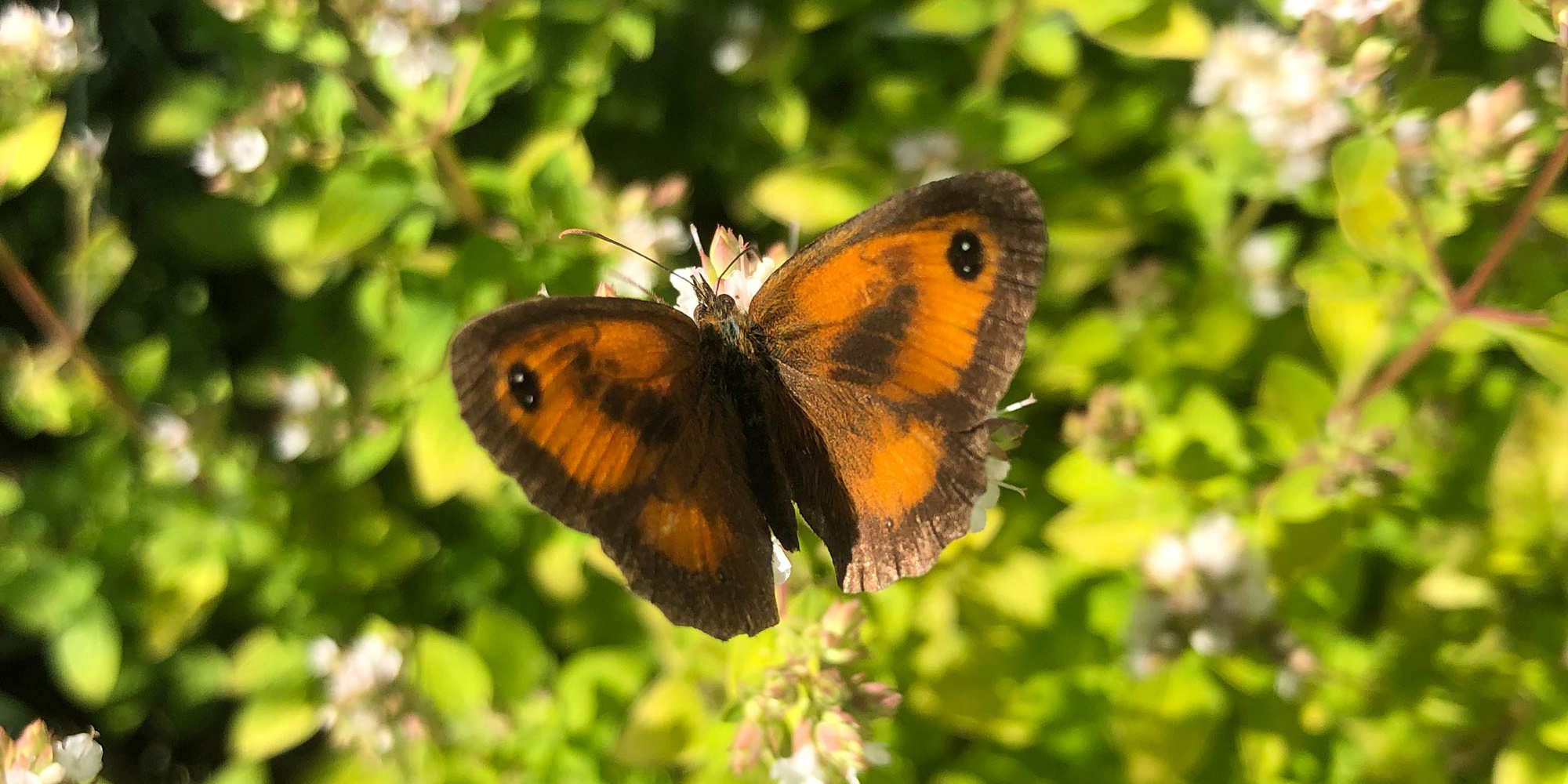Protecting the world’s natural environment is essential for our survival as a species.
At the University of Greenwich, we are proud to be recognised for our ambitious sustainability work and to undertake world-leading research to help protect nature, while supporting livelihoods in the UK and in many parts of the developing world.
However, we’re also keen to do our part to protect the natural word closer to home, and to maximise the benefits of being nature positive for our students and staff.
According to the Mental Health Foundation, individuals with access to nature are also usually happier, calmer and more creative and focused. Time in nature is associated with lower levels of anxiety and depression, and those who spend time in nature are more likely to engage in sustainable endeavours such as recycling and seasonal eating.
Our three campuses boast an incredible 6.7 hectares of natural land (9 football pitches in size), which provide rich, valuable habitats to over 250 species, some of which are nationally protected. We also have amazing parks and green spaces near each campus.
Our Medway campus has extensive woodland, lawns, log piles, bat boxes and beehives, and is a peaceful place to enjoy the birds that live there.
At our Greenwich campus, we are establishing wildflower beds and pocket meadows. In our Stockwell Street building there are 14 landscape roof areas, with ponds, flower beds and trees. Occasionally there are even nesting ducks and foxes, living two floors above the street in the centre of Greenwich.
Our Avery Hill campus is surrounded by nature-rich meadows, hedges and ponds. It is home to the Avery Hill Edible Garden, with its extensive forest garden that not only grows fruit and nuts but is also home to hedgehogs, dormice, birds of prey and many species of birds.
The produce harvested in Avery Hill, including honey from our own hives of bees, is available to everyone, providing healthy eating options for students on a budget.
It is also open to the public to use and learn how to garden, with nature walks and nature focused guest lectures too.
To find out more visit: https://www.gre.ac.uk/sustain

